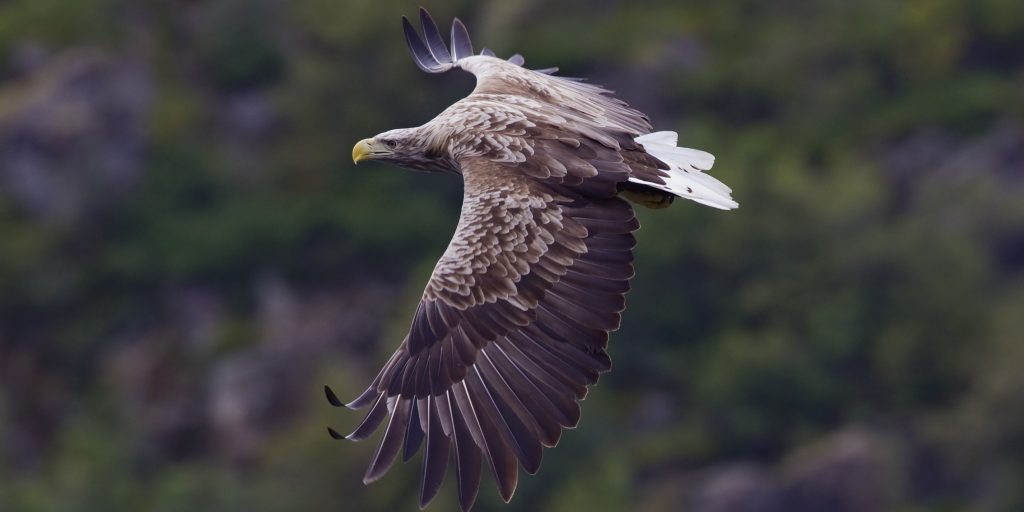For the first time in half a millennium, white-tailed eagles are nesting in Belgium.
Others are reading now
For the first time in half a millennium, white-tailed eagles are nesting in Belgium.
The last time white-tailed eagles were observed breeding in Belgium was around 500 years ago, during the time of Florentine explorer Giovanni da Verrazzano, who was the first European to see the island of Manhattan.
Although white-tailed eagles, also known as sea eagles or grey sea eagles, are not endangered, their return to Belgium is a positive sign for a bird that had vanished from much of Western Europe.
A chick has recently hatched at De Blankaart nature reserve in West Flanders, born to a pair named Paul and Betty, with a second chick expected soon.
Also read
Conservation Efforts
Although these majestic birds are commonly found in parts of Norway, Russia, and Germany, they are a rare sight in Belgium.
To protect the nesting pair, the local government has established a protected zone around their nest, with fines of up to €500,000 for intruders.
White-tailed eagles have also begun to reappear in eastern France and the Netherlands, and reintroduction efforts are ongoing in Great Britain and Ireland.
The decline of white-tailed eagles in the 20th century was linked to the widespread use of agricultural chemicals, which have since been reduced. This reduction has allowed for a resurgence in eagle populations, with over 6,000 breeding pairs now found across Europe.
The species is currently listed as “Least Concern” by the IUCN Red List of Threatened Species.
Cultural Significance
White-tailed eagles have held iconic status in European culture for thousands of years.
Their bones have been found in ancient burial sites, and they appear in historical carvings and on coats of arms.
Neanderthal artifacts have even been discovered with notches on eagle talons, indicating their long-standing significance to human societies.








